In a unique move dubbed 'orangutang diplomacy,' Malaysia has announced plans to gift orangutans to countries that purchase palm oil from them. The initiative aims to alleviate concerns about the environmental impact of palm oil production, as Malaysia seeks to showcase its commitment to sustainability.
The world's second-largest producer of palm oil, Malaysia, has faced criticism from wildlife conservation organizations over deforestation linked to palm oil cultivation. However, the country's Plantation and Commodity Minister, Johari Abdul Ghani, defends Malaysia's palm oil industry by emphasizing its efforts to protect forests and biodiversity.
Drawing parallels to China's 'panda diplomacy,' Minister Johari announced that Malaysia would gift orangutans to countries with trade relations, such as European Union (EU) countries, China, and India. This initiative aims to demonstrate Malaysia's commitment to conservation and biodiversity.
Under the 'panda diplomacy' model, China has gifted pandas to improve diplomatic ties with various countries, while also generating revenue through panda rentals to zoos worldwide for conservation purposes.
In addition to orangutan gifting, Malaysia encourages collaboration between palm oil producers and private companies to enhance wildlife protection efforts. This initiative comes amidst pressure from the EU to address deforestation linked to palm oil production, following the EU's ban on imports associated with deforestation.
The Bornean orangutan, native to Malaysia's Borneo island, faces critical endangerment, with its population declining drastically due to habitat loss. With the 'orangutang diplomacy,' Malaysia aims to showcase its commitment to conservation while addressing concerns about the environmental impact of palm oil production.



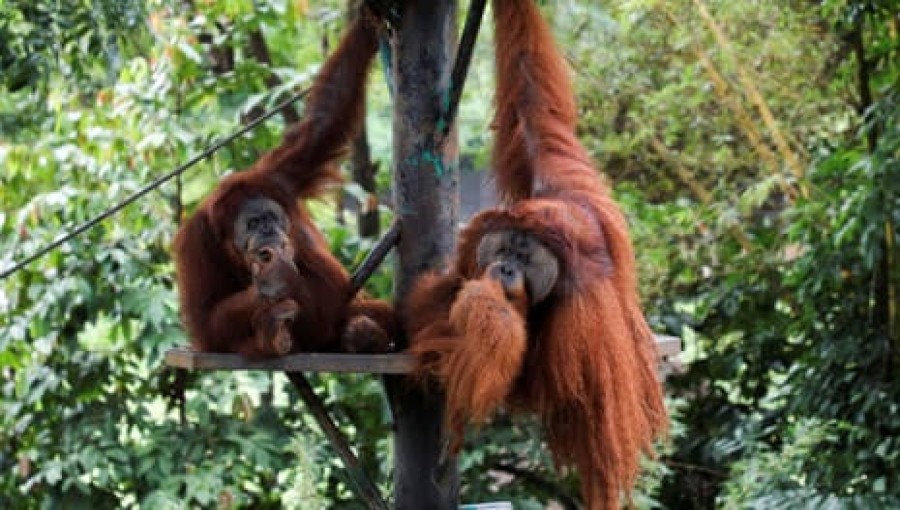
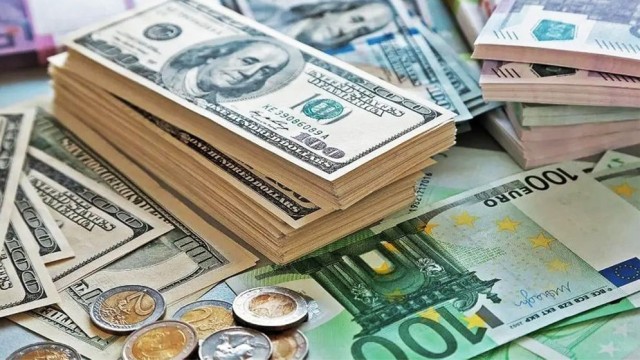
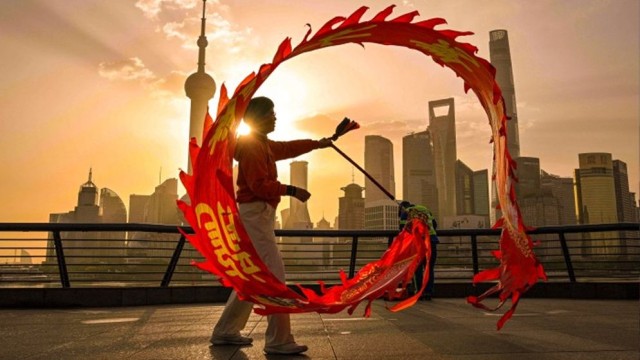
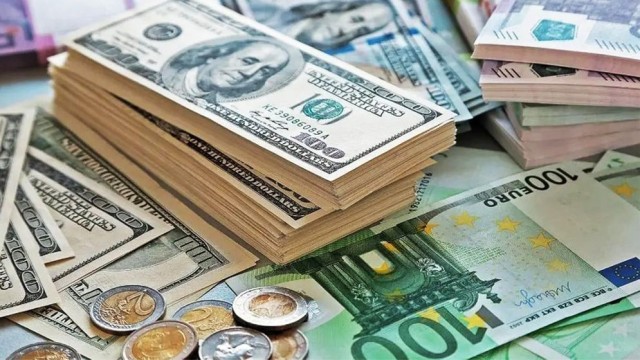
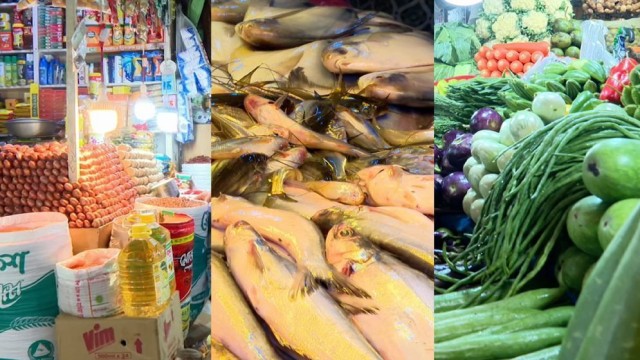








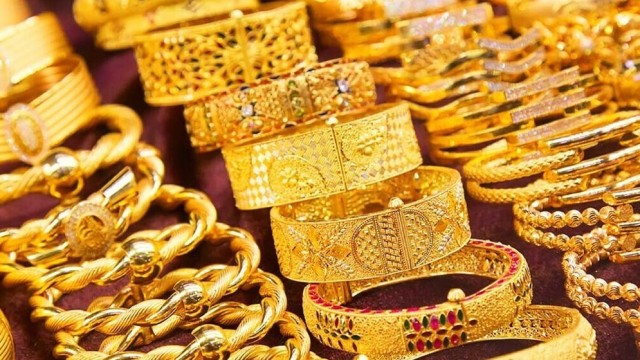














Comment: